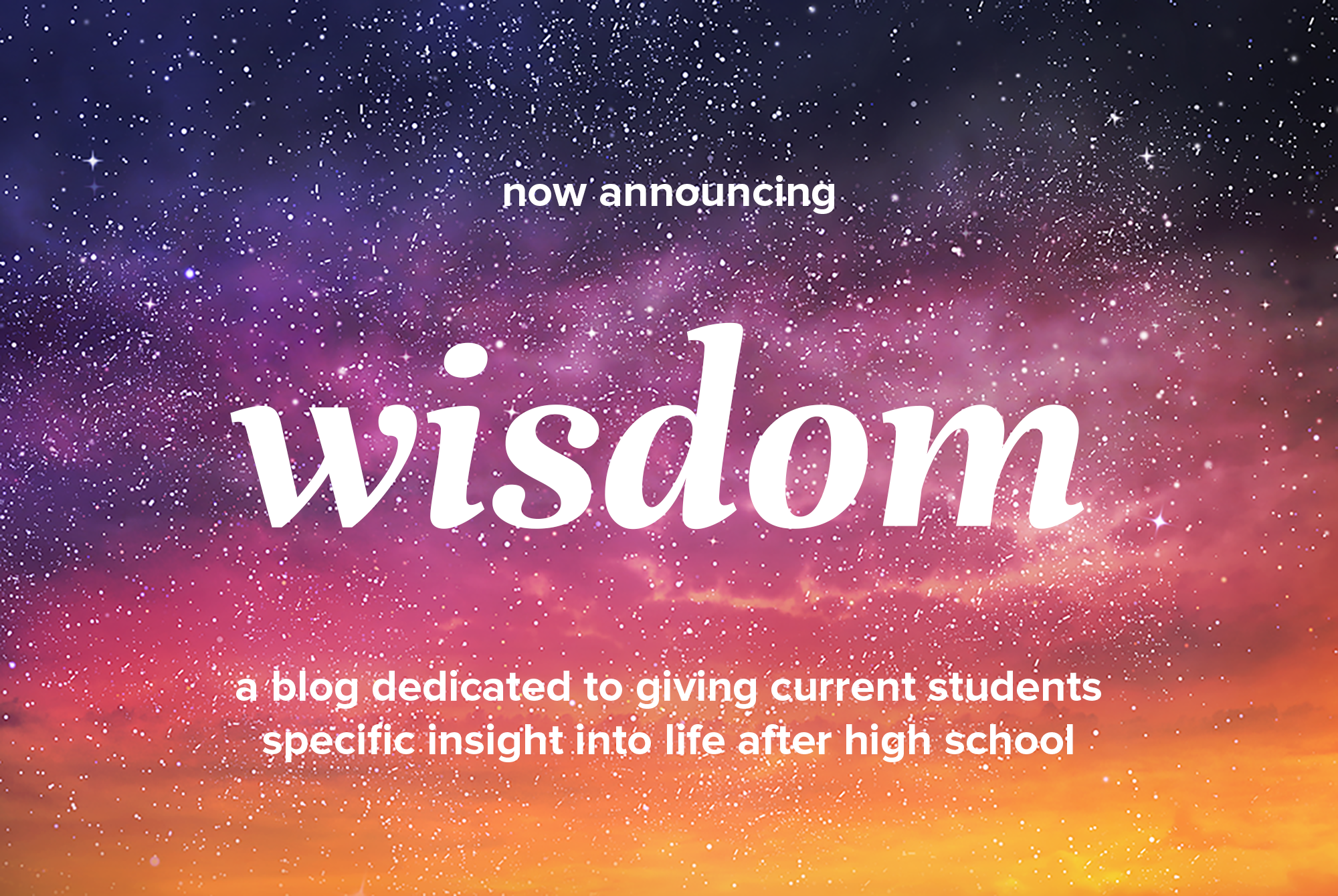In our inaugural post, we asked you to think about what matters to you in the college application process. But, what if you don’t want to go to college? Well, we have you covered as well. Here are a few options on what you can do after you graduate from high school.
Entering the Workforce
If you’re not interested in going to college, one of the things you can do is to enter the workforce early. While many jobs require at least an associate’s degree or a bachelor's degree, some do not. You can enter the workforce at an entry-level position and work your way up the ladder. Entering the workforce early allows you a few advantages compared to those who went to college first. You’ll have more money saved up. You’ll have more time to make a decision as to whether college is right for you. And, you’ll have the advantage of experience. You can try out different jobs and roles to see what feels like a good fit. You might discover an interest you never knew you had. Many of our alumni have similar trajectories–finding a fulfilling career just by trying things out and experiencing what’s out there.
Interested in asking some of our alumni about their workforce experiences? Reach out! Here are a few options: Joshua Thompson (Dining Manager), Arian Hoxha (Sound Systems/DJ)
Internships + Volunteering
Beyond entering the workforce early, you can also try internships with companies or volunteering in your local community. An internship will allow you to see what working in a specific company or field is like but without actually being a full employee. Most internships are unpaid, so they might not be accessible. But, if you were to find one that was paid, it could be a great experience to have, especially if you’re interested in boosting your applications for other jobs or college. Similarly, volunteering in your local community can give you a lot of advantages. You can become part of a larger cause. You can build your network by meeting new people in your community. Or, you can use the time and experience to figure out what your interests are and what your next steps may be.
Trade School
While not necessarily a college, trade schools offer you an education that’s based more in learning a trade or skill, than an academic field, to prepare you for a specific job. Trade schools, also sometimes referred to as vocational schools, offer an education that is typically less expensive than college and take a shorter amount of time to complete. Trade schools have certifications and courses in fields such as: automotive technology, cosmetology, electrician training, HVAC, dental assisting, and more. If any of these fields sound interesting to you, talk to your guidance counselor for more information or reach out to schools directly through their websites. During your coursework at trade school, you’ll be taught by people already working in the field. Your courses will also be a more hands-on, learn-by-doing, method. So, if you like working with your hands and find that you learn easier by doing rather than studying, trade school might be a good route to go down. You’ll be out in the workforce much faster as well.
Interested in asking some of our alumni about their trade school experiences? Reach out! Here are a few options: Steve Sicard (Electrical/Mechanic), Chelsea Kyle (Photography), Gina Bianca (Cosmetology)
Military Service
A number of WHS graduates have joined the military after high school. Options include: Army, Navy, Marines, Air Force, or Coast Guard. Joining the military could offer you the opportunity to learn new skills, get trained in a specialized field of your interest, travel and see new parts of the world, or even help pay off your future education goals through the GI bill. You may also be interested in military service if you come from a family of service members or if you just have an innate need to serve the country.
Interested in asking some of our alumni about their military experiences? Reach out! Here are a few options: Arceoly Mendes (Marines), Paul Frohn (Air Force and FEMA Reserves), Zach Holmes (Air Force)


















